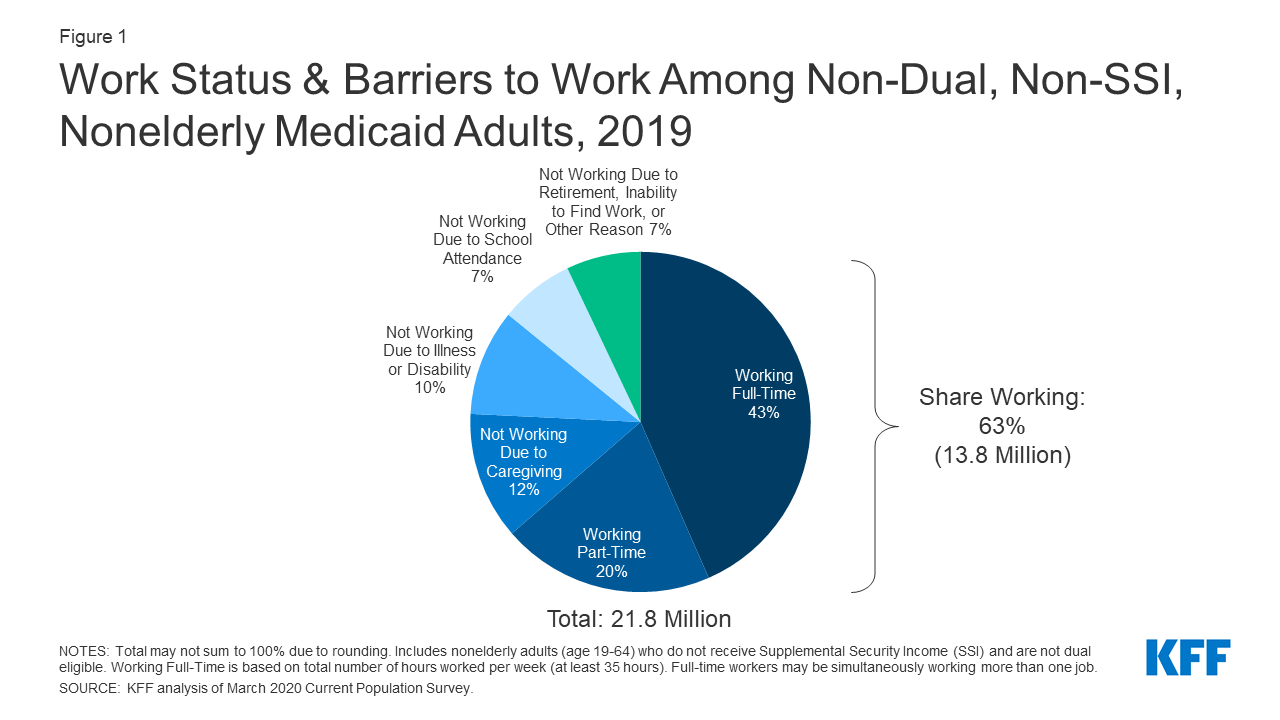Earlier this week, Speaker of the U.S. House of Representatives, Kevin McCarthy, gave a speech at the New York Stock Exchange where he discussed (in incredibly vague terms)1 the Republican party’s proposal to raise the debt ceiling so our country doesn’t default on its financial obligations. This proposal is conditioned with all sorts of budget cuts, including repealing parts of the Inflation Reduction Act, for example, rescinding $80 million in IRS funding to target auditing of the wealthy and large corporations, and certain green energy subsidies. It also imposes additional work requirements on those who already qualify to receive public assistance—in this case the Supplemental Nutrition Assistance program (SNAP), which was previously called food stamps, and Medicaid (health insurance for the poor).
Here’s an excerpt from Speaker McCarthy’s speech where he discusses the additional work requirements. Note that the link goes to the Twitter page of the organization,
, which just started a new Substack newsletter, by the way. (Normally, I would have put the video clip directly in this post, but Twitter has blocked Substack users from this practice).I’m quoting part of the excerpt here for emphasis:
Our proposal will restore work requirements that ensure able-bodied adults without dependents earn a paycheck and learn new skills…Right now, there are more job openings than people looking for work. You know why? It is in part because the Biden Administration weakened work requirements. Speaker Kevin McCarthy, April 17, 2023
There are a few specifics missing from his speech and this particular excerpt. For example, “work requirements” for what? Does Speaker McCarthy not want to be on record saying he’s extending work requirements for those poor enough to qualify for subsidized health care and food? He also refers to this plan as “restoring” work requirements, when there are already federal work requirements for the SNAP program: able-bodied adults between the ages of 18-49 are required to work 20 hours/week or participate in a work-training program to receive benefits for food. But the Republican bill wants to close what it calls a “loophole” and extend the work requirements to age 65.
On the other end of the age spectrum, some states like Iowa and Minnesota are dispensing with child labor laws and allowing children as young as 14 to work in meat-packing plants and construction — not only do they need employees from shortages remaining from the Covid shutdown, they can pay children less. According to this recent article from Business Insider, “…it's mostly children from low-income families who are hired when labor regulations are loosened, and that the ‘experience’ they get from those jobs is negligible.” The article also noted research showing that adults would be willing to take these jobs with higher wages and better benefits. Better to break the backs of children than spend a bit more to ensure “able-bodied” adults make a living wage.
It appears that the system is regressing: moving back to working us from the cradle to the grave, and the only ones who are benefiting are the business owners, not the workers. Sound familiar?
Here are a few more facts that help rebut Speaker McCarthy’s claim that the law should “restore” work requirements for the poor to receive a helping hand: According to Kaiser Family Foundation (KFF) 2019 data, approximately 63% of all adult Medicaid recipients are already working full or part-time. The Biden administration did eliminate work requirements for Medicaid recipients only, because their philosophy, particularly after passage of the Affordable Care Act which expanded the Medicaid program, is that Medicaid does not fall under the “welfare” category, even though it is specifically for the poor. It is simply health insurance, that we are all entitled to, regardless of income.
What work requirements to receive food, health insurance and housing aid really do is kick otherwise eligible people out of these programs. For example, Arkansas adopted work requirements for Medicaid in 2018 when the state obtained a waiver from the Trump administration and “more than 18,000 people — nearly 1 in 4 who were subject to the new rules — lost their coverage in the policy’s first seven months.”
It is not just looking for work, it is documenting that you have searched for work, what the results are and then somehow getting that information to the state agency. But that is just the beginning. State and local government employees can, and often seem to do mysterious things with your information, including losing it, not logging it in correctly or misinterpreting it, possibly leaving the applicant without benefits for months.
The Center on Budget and Policy Priorities published information just last month that explains exactly why work requirements amount to an unnecessary burden for those in need of basic necessities:
Justifications for work requirements rest on the false assumptions that people who receive benefits do not work and must be compelled to do so. These assumptions are rooted in stereotypes based on race, gender, disability status, and class. They ignore the realities of the low-paid labor market, the lack of child care and paid sick and family leave, how health and disability issues and the need to care for family members affect people’s lives, and ongoing labor market discrimination.
Finally, there is the archaic phrase “able-bodied’ that still is bandied about in 2023, despite its implied disregard for the nuances of medicine and advancements in the science of mental health we understand today. A New York Times opinion piece written in 2018, just as the Trump administration was readying to allow Medicaid work requirements, discusses how this term has been used for separating the poor into “deserving” and “undeserving”, worthy of government help…or not so much, for over 400 years, dating back to England’s “1601 Poor Law”. How can we possibly move forward as a society when we cling to antiquated notions and myths about how we should treat our most vulnerable citizens? We can’t.
———————————————————————————————————
What do you think about these recycled proposals for work requirements to receive health insurance and food? Please share your thoughts in the Comment Section below.
As always, I appreciate your interest and thoughtful ideas that make our Crime and Punishment community a welcoming space to visit and chat. There’s no time like the present to become a free or paid subscriber…and there’s no time like the New Year to Upgrade your free subscription to paid — it’s easy, and will allow me to continue and expand Crime and Punishment. Thanks in advance for your support!
The GOP fleshed out their proposal for spending cuts as part of their negotiation on the debt ceiling limit a few days after McCarthy’s speech. Keep in mind that President Biden has requested a “clean bill” to raise the debt ceiling so our country does not default on our current obligations, and the GOP’s proposal is appropriate for a budget bill rather than debt ceiling negotiations.
https://www.washingtonpost.com/business/2023/04/19/debt-ceiling-limit-republican-plan-explained/















Work Requirements For Food & Medicaid Benefits